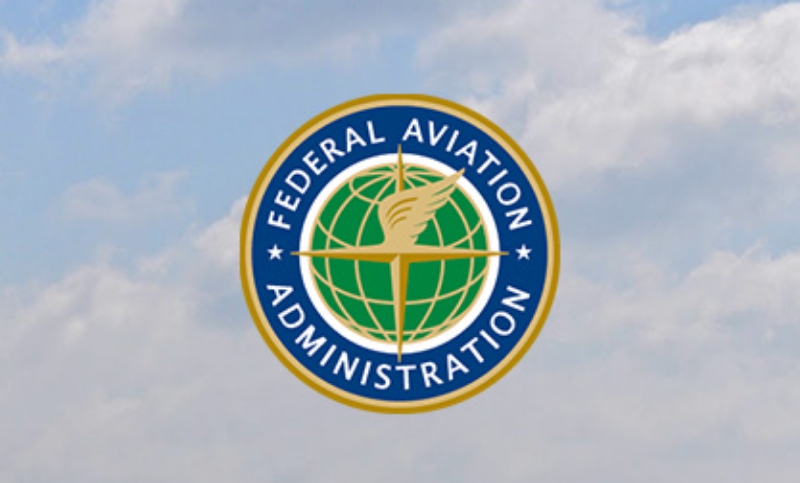The US Federal Aviation Administration (FAA) and the Switzerland Federal Office of Civil Aviation announced that they have reached an agreement in harmonizing domestic and international safety standards for Unmanned Aircraft Systems (UAS).
This agreement builds on U.S and Swiss efforts to ensure that the fastest growing and broadest segment of aviation is integrated safely, efficiently and seamlessly around the world.
“UAS activities are now accepted worldwide as a vital sector of aviation,” said Jay Merkle, executive director of the FAA’s UAS Integration Office. “This U.S./Swiss agreement continues the move forward of the safe, efficient, and internationally harmonized integration of these vehicles into the world’s airspace.”
The participants intend to collaborate under a Declaration of Intent (DOI) on UAS issues of mutual interest and benefit. The primary objectives of the DOI are to provide opportunities to engage in research and development; exchange ideas, personnel, and information; provide coordination with other government entities and stakeholders; and to collaborate on other initiatives and projects determined to be of mutual interest and benefit in relation to UAS operations.
Specifically, the participants handle the oversight and regulations of UAS in their nations’ airspace.
The Innovation and Digitalization Unit of Switzerland’s Federal Office of Civil Aviation (FOCA) is the primary authority and point of contact designated by the Swiss Confederation under this agreement to develop regulations covering UAS activities, including certification and surveillance of drone designers, manufacturers and operators. FOCA leads Swiss efforts on UAS and is the designated authority in charge of facilitating the integration of drones into Swiss airspace. FOCA also promotes technological and operational research in the field and the development of all aspects related to these aircraft.
The FAA’s UAS Integration Office, the Agency’s technical point of contact under this agreement, coordinates the development of drone-centric operating concepts, policies, requirements, criteria, and procedures for new system evaluations. The office is responsible for leading the Agency’s innovation agenda to support UAS integration and the implementation of emerging technologies, drone-related research and development priorities, and the development of international and domestic operating standards.
Source: Press Release

